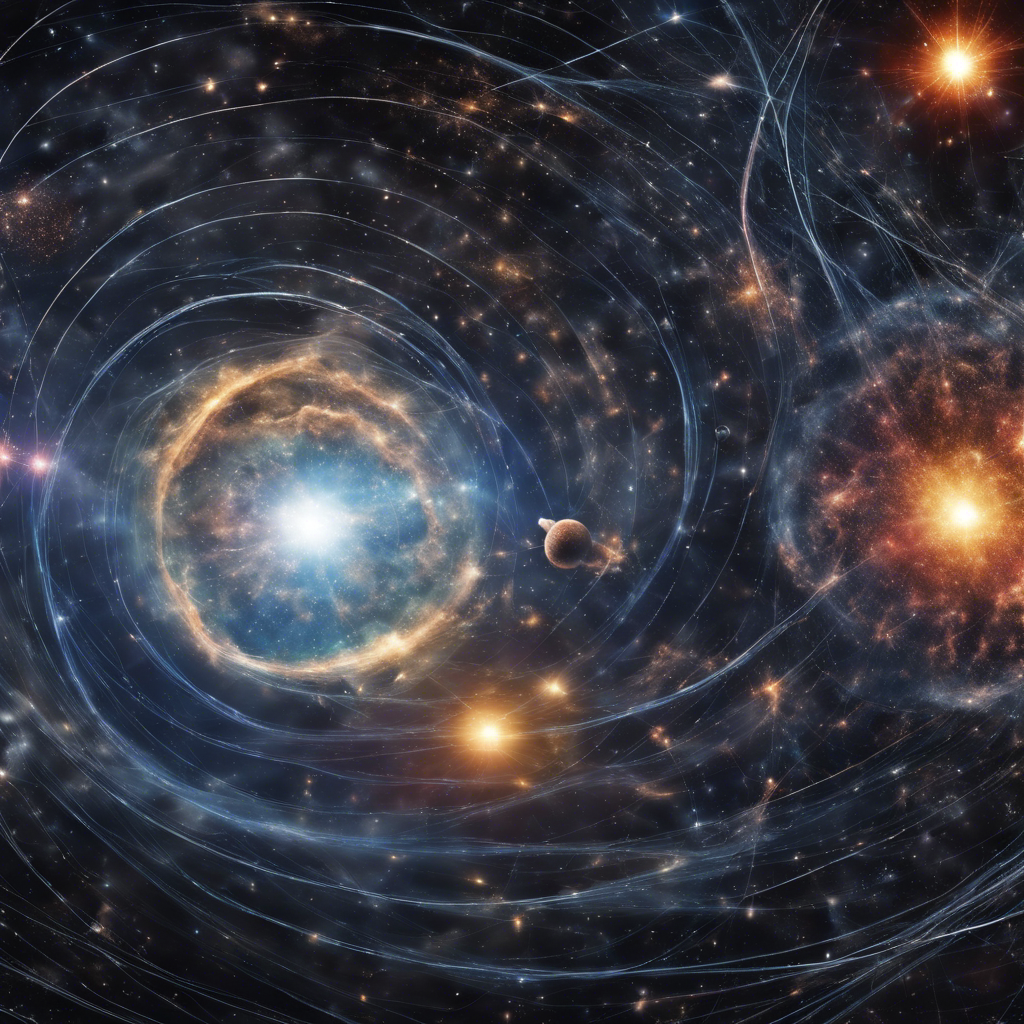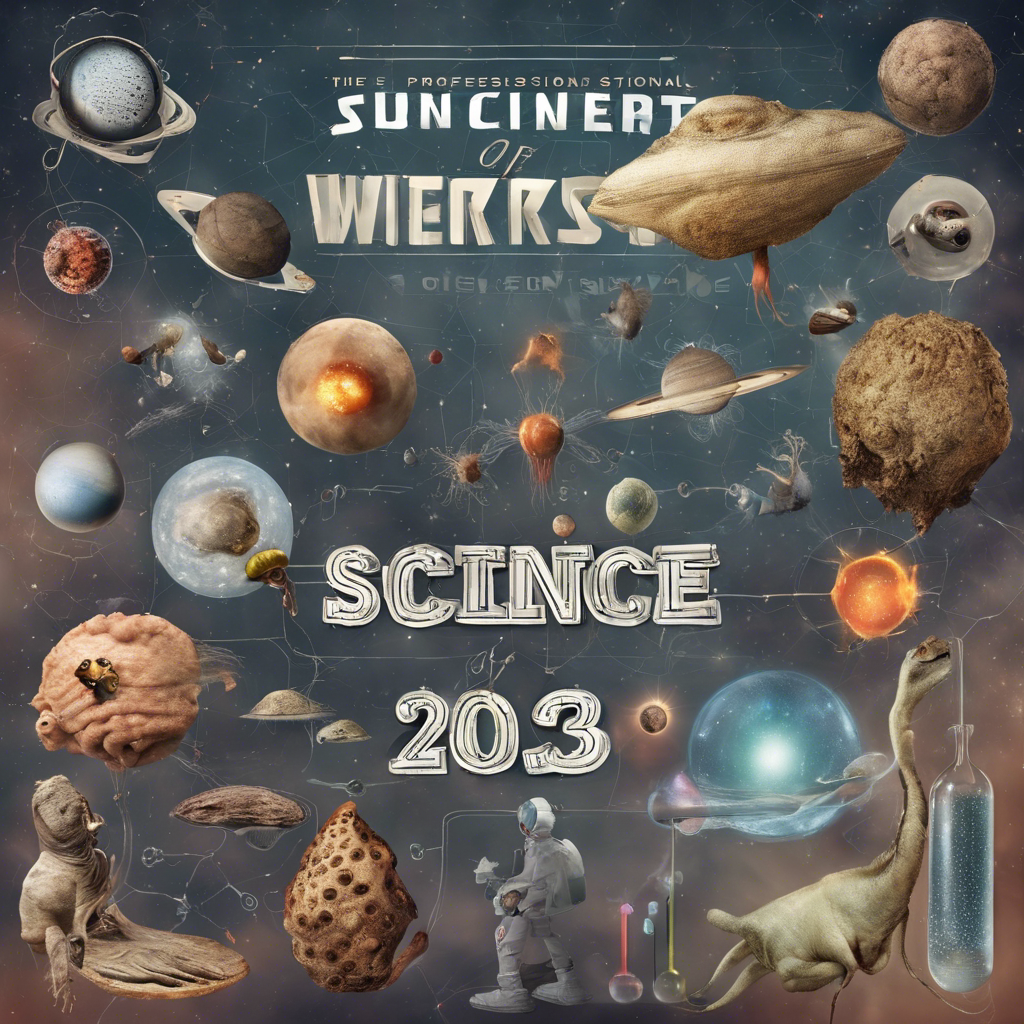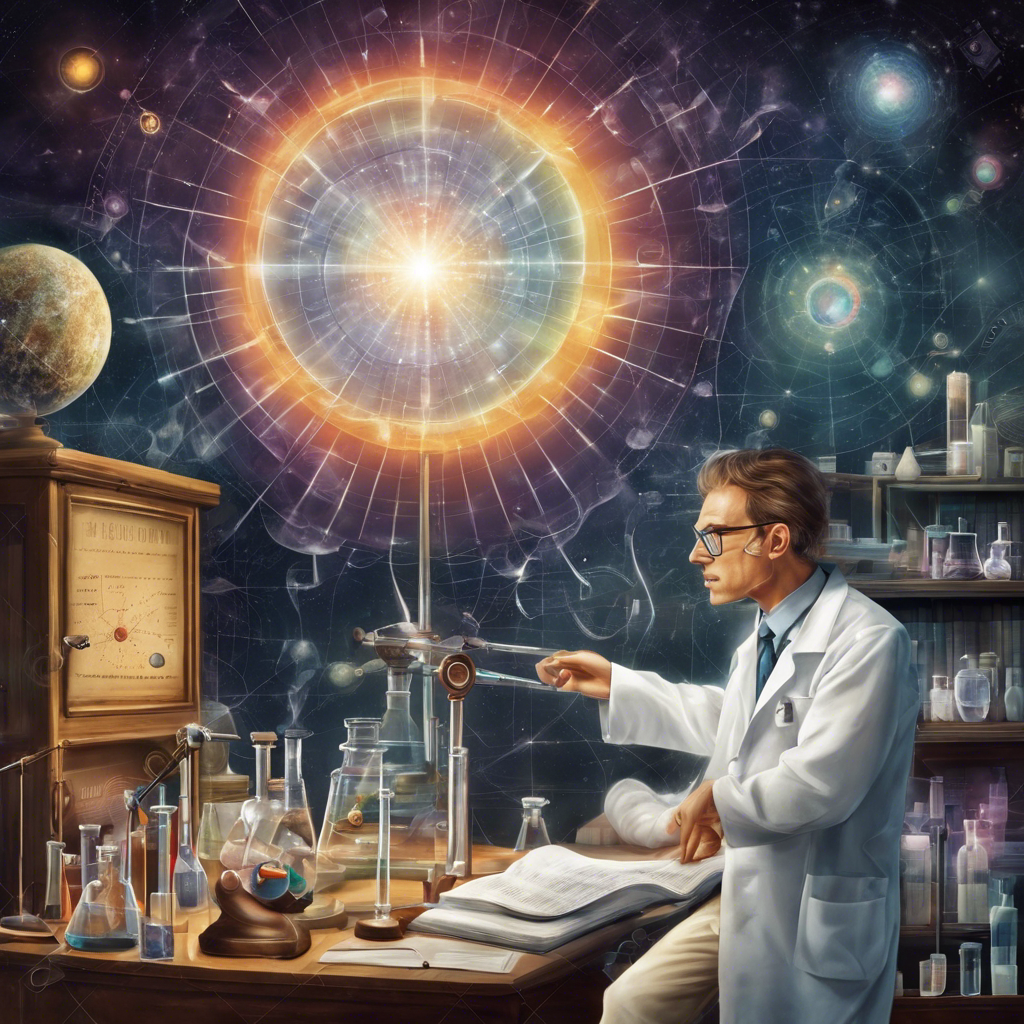The Biggest Open Questions in Science: Unraveling the Mysteries of the Universe

Exploring the Enigmatic Frontiers of Scientific Inquiry
As we bid farewell to a tumultuous year, it is time to delve into the captivating world of science and ponder the most profound questions that continue to elude us. These enigmas not only highlight the boundless nature of knowledge but also challenge the very foundations of scientific methodology. From the composition of the universe to the origins of life and the existence of extraterrestrial intelligence, these questions have captivated scientists and non-scientists alike. In this article, we embark on a journey through the most perplexing mysteries of science, exploring the depths of our understanding and the frontiers of our curiosity.
What is the Universe made of?
The first question that beckons our attention is the composition of the universe itself. Astonishingly, we are only aware of a mere 5% of its makeup. The familiar atoms of the periodic table, along with neutrinos, account for this small fraction. The remaining 95% is shrouded in darkness, composed of mysterious entities known as dark matter and dark energy. Dark matter, an invisible cloak enveloping galaxies, exerts gravitational influence on visible matter. Dark energy, on the other hand, fills space and drives galaxies apart. Despite decades of research, the nature of dark matter and dark energy remains elusive, leaving scientists in a state of profound ignorance.
How did life come about?
The emergence of life on Earth, approximately 3.5 billion years ago, poses another profound question. How did inanimate atoms assemble into complex molecules that eventually gave rise to the first living organism? The transition from nonliving matter to living entities capable of metabolism and reproduction remains a mystery. The profound intentionality exhibited by living matter continues to defy explanation, leaving scientists grappling with the enigma of life’s origins.
Are we alone in the Universe?
The question of extraterrestrial life encompasses two facets: the existence of any form of life beyond Earth and the presence of intelligent life. Understanding the prevalence of life in the universe and the reasons for our lack of contact with potential extraterrestrial civilizations is a tantalizing pursuit. The implications of finding or not finding intelligent life have far-reaching consequences for our own future and our relationship with the planet we call home.
What makes us human?
Despite sharing a significant portion of our DNA with other species, what sets humans apart from the animal kingdom? Is it our larger frontal cortex, opposable thumbs, or our ability to use language and create culture? The origins of human uniqueness, including the development of language and tool-making, continue to intrigue scientists seeking to unravel the intricacies of our evolutionary journey.
What is consciousness?
The nature of consciousness has long fascinated philosophers and scientists alike. How does the brain generate our sense of self and the unique subjective experience of being? Can consciousness be replicated in machines, or is it an elusive phenomenon exclusive to living beings? The evolutionary purpose of consciousness, if any, remains a profound mystery that continues to elude scientific understanding.
Why do we dream?
Despite spending a significant portion of our lives asleep, the purpose and function of dreams remain elusive. Do dreams serve a physiological or psychological function, or are they simply random images generated by a resting brain? The theories proposed by Sigmund Freud, suggesting that dreams express repressed desires, continue to spark debate among scientists and psychologists.
Why does matter exist?
According to the laws of physics, matter and antimatter should exist in equal amounts, with each particle having a corresponding antiparticle. However, the observed scarcity of antimatter raises the question of what happened to it. The mystery lies in understanding why matter prevailed over antimatter in the early universe. Decades of research have yet to provide a definitive answer to this fundamental question.
Are there other universes?
Modern theories of cosmology and particle physics propose the existence of multiple universes, each potentially possessing distinct properties. However, confirming the existence of these parallel universes and understanding their nature remains a challenge. The concept of a multiverse, while intriguing, presents profound philosophical and scientific conundrums that require further exploration.
Where will we put all the carbon?
With the escalating industrialization and its consequent increase in carbon emissions, the urgent question arises: how can we mitigate our impact on the environment? The repercussions of global warming demand immediate action, as models predict a range of consequences from mild to dire. The time has come for collective global efforts to address this issue and safeguard the future of our planet.
How can we get more energy from the Sun?
Despite relying heavily on fossil fuels, the Sun presents an abundant and sustainable energy source. Exploring more efficient methods of harnessing solar energy and replicating the fusion processes occurring in the Sun hold the key to solving our energy crisis. While progress is being made, the need for accelerated advancements in this field is imperative.
Conclusion:
The quest to unravel the mysteries of the universe is a never-ending journey that fuels scientific progress and human curiosity. From the composition of the universe to the origins of life and the enigma of consciousness, these questions challenge our understanding of the world and our place within it. As we venture into the unknown, it is crucial to recognize the importance of scientific inquiry and the impact it can have on our collective future. By embracing these open questions, we pave the way for new discoveries and a deeper understanding of the universe we inhabit.





